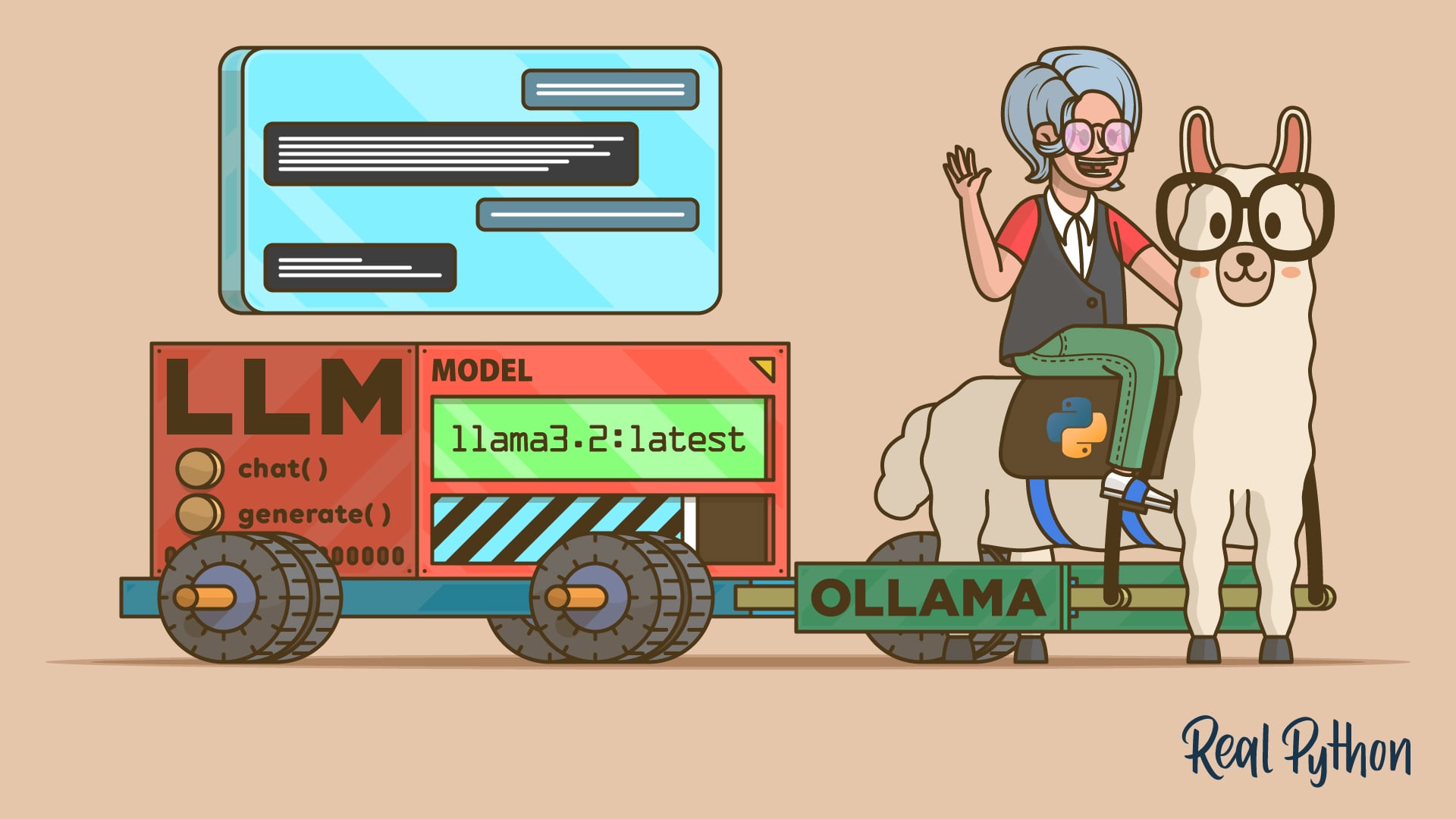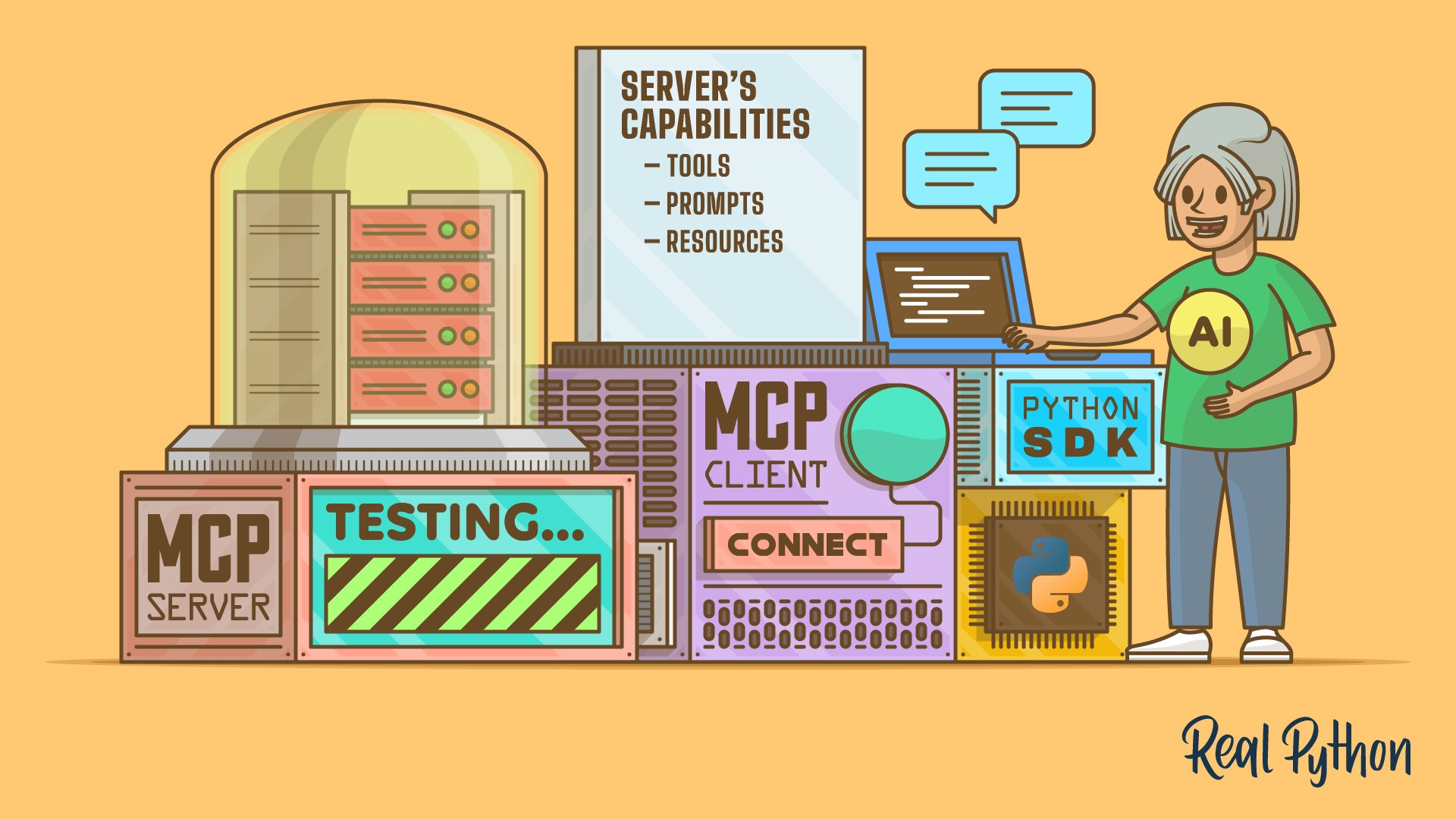#Python
#Python
[ follow ]
#performance #dataclasses #rust #pypi #pip #uv #dependency-management #decorators #open-source-security #loops
Python
fromLondon Business News | Londonlovesbusiness.com
2 weeks agoAutomating the mundane: Leveraging Rpa and Python developers to streamline your workflow - London Business News | Londonlovesbusiness.com
Hiring both RPA developers and Python programmers eliminates repetitive operational friction and enables scalable automation that combines surface-level UI tasks with complex backend integrations.
fromPythonSpeed
2 weeks agoUnit testing your code's performance, part 1: Big-O scaling
If you're trying to make sure your software is fast, or at least doesn't get slower, automated tests for performance would also be useful. But where should you start? My suggestion: start by testing big-O scaling. It's a critical aspect of your software's speed, and it doesn't require a complex benchmarking setup. In this article I'll cover: A reminder of what big-O scaling means for algorithms. Why this is such a critical performance property.
Software development
fromRealpython
4 weeks agoLlamaIndex in Python: A RAG Guide With Examples Quiz - Real Python
In this quiz, you'll test your understanding of the LlamaIndex in Python: A RAG Guide With Examples tutorial. By working through this quiz, you'll revisit how to create and persist an index to disk, review how to reload it, and see why persistence improves performance, lowers costs, saves time, and keeps results consistent.
Python
fromPython GUIs
1 month agoGetting Started With the NiceGUI Library in Python
To get the most out of this tutorial, you should have a basic knowledge of Python. Familiarity with general GUI programming concepts, such as event handling, widgets, and layouts, will also be beneficial. Installing NiceGUI Before using any third-party library like NiceGUI, you must install it in your working environment. Installing NiceGUI is as quick as running the python -m pip install nicegui command in your terminal or command line. This command will install the library from the Python Package Index (PyPI).
Web frameworks
fromMathspp
2 months agoFloodfill algorithm in Python
ctx = canvas.getContext("2d") URL = "/blog/floodfill-algorithm-in-python/_python.txt" async def load_bitmap(url: str) -> list[list[int]]: # Fetch the text file from the URL response = await fetch(url) text = await response.text() bitmap: list[list[int]] = [] for line in text.splitlines(): line = line.strip() if not line: continue row = [int(ch) for ch in line if ch in "01"] if row: bitmap.append(row) return bitmap
Python
fromdaniel.feldroy.com
2 months agoVisiting Tokyo, Japan from November 12 to 24
I'm excited to announce that me and Audrey will be visiting Japan from November 12 to November 24, 2025! This will be our first time in Japan, and we can't wait to explore Tokyo. Yes, we'll be in Tokyo for most of it, near the Shinjuku area, working from coffee shops, meeting some colleagues, and exploring the city during our free time.
Python
fromWill's Blog
2 months agoOpen Source Project Maintenance 2025
Every October, I do a maintenance pass on all my projects. At a minimum, that involves dropping support for whatever Python version is no longer supported and adding support for the most recently released Python version. While doing that, I go through the issue tracker, answer questions, and fix whatever I can fix. Then I release new versions. Then I think about which projects I should deprecate and figure out a deprecation plan for them.
fromThepythoncodingstack
2 months agoAnd Now You Know Your ABC
Here's the task. I want to create a class to represent a track and field event held in a competition. This entry allows you to enter the raw results as reported by the officials-the athlete's bib number and the time they clocked in a race. It then computes the event's full results. There's more we could add to make this class more complete. But I won't. You can create a list of athletes that are competing in the track and field meeting:
Running
[ Load more ]











